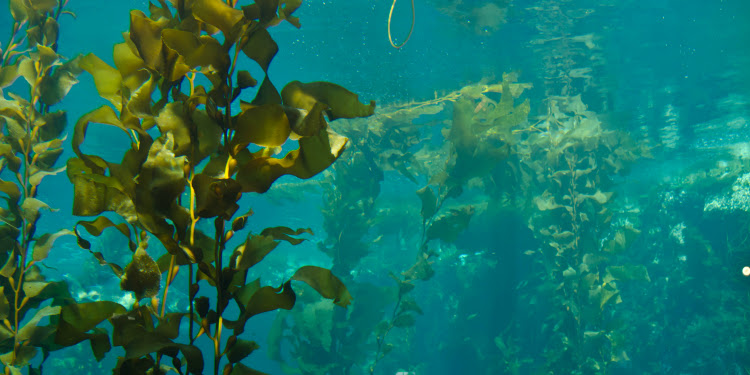Israeli Researchers Produce Sustainable Bioplastics With Algae
The Fellowship | August 7, 2019

Now, Israeli researchers are working on a way to use seawater algae to make biodegradable plastics reports NoCamels, helping to combat harmful plastic waste in our oceans:
In six decades, humans have produced 8.3 billion metric tons of plastic, only nine percent of which has been recycled, according to a 2018 joint report by the National Geographic Society and Great Britain’s Royal Statistical Society. Since plastic takes over 400 years to degrade, many of it still exists in some form in landfills and in our oceans, harming wildlife and marine life and ecosystems…
Scientists at Tel Aviv University say the bioplastics polymer they developed derives from microorganisms that feed on seaweed, making it biodegradable, with zero toxic waste and completely recyclable. Their research was published in the peer-reviewed scientific journal “Bioresource Technology” in December.
The invention was part of a multidisciplinary collaboration that started a year ago at Tel Aviv University between Dr. Alexander Golberg of TAU’s Porter School of Environmental and Earth Sciences and Professor Michael Gozin of TAU’s School of Chemistry. The research was supported by Supratim Ghosh, a postdoctoral fellow who had recently joined the team from India…
Golberg and Gozin’s technology uses microorganisms called Haloferax mediterranei, which could be harvested in very salty water like in the Dead Sea. These one-celled helpers feed on seaweed which can be cultivated offshore and are then used to produce a polymer to create nontoxic and biodegradable plastics.
Dr. Golberg tells NoCamels the discovery holds major promise. “The process we propose will enable countries with a shortage of fresh water, such as Israel, China, and India, to switch from petroleum-derived plastics to biodegradable plastics.”
